Occupational Therapy
Our experienced team of occupational therapists will help you to overcome the barriers you may face in all aspects of your life due to an injury or disability.
The Royal College of Occupational Therapists (RCOT) defines occupational therapy as helping you to achieve your best life at home, work, school and everywhere else. It is about being able to do the things you want and must do.
This could mean helping you overcome challenges learning at school, going to work, playing sport or simply doing the household chores.
The focus is on your well-being and ability to participate in activities.
Occupational therapy is also a science-based, regulated health and social care profession.
If, through injury or disability, you cannot do an occupation anymore, it changes the way you may view your life.
Our experienced team of occupational therapists are here to help.
Our team of experienced occupational therapists help to overcome challenges completing everyday tasks or activities, also known as 'occupations'.
An occupation is any activity that we need, want or like to do to live and to look after our physical and mental health, and our emotional and spiritual wellbeing. We do occupations from the moment we’re born, on our own or with others (rcot.co.uk).
It is not just about jobs or daily living tasks. It includes all aspects of life including self-care, such as washing, eating or sleeping; work and study; caring and domestic activities; and leisure, hobbies and socialising.
Each occupation is unique to everyone and depends on what matters most. Importantly, our occupations can change as we move through our lives.
Overall, occupations are essential to our fulfilment. They provide meaning, purpose and structure to enhance our health and quality of life.

Providing important information to determine the most effective & appropriate treatment plan.
Providing hands-on therapeutic treatment and neuro rehabilitation.
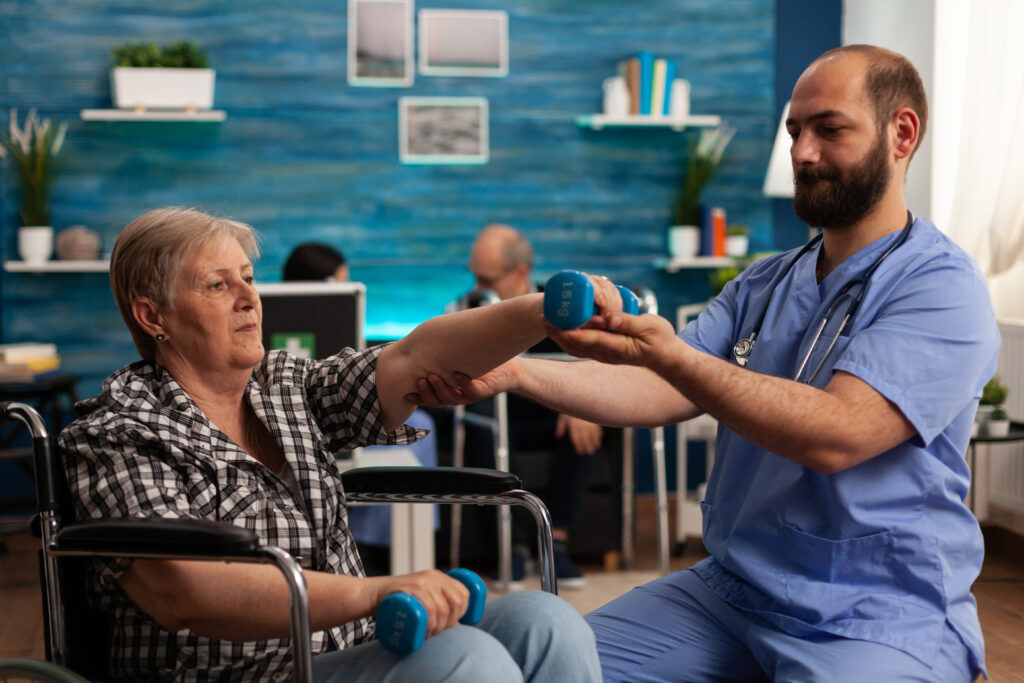
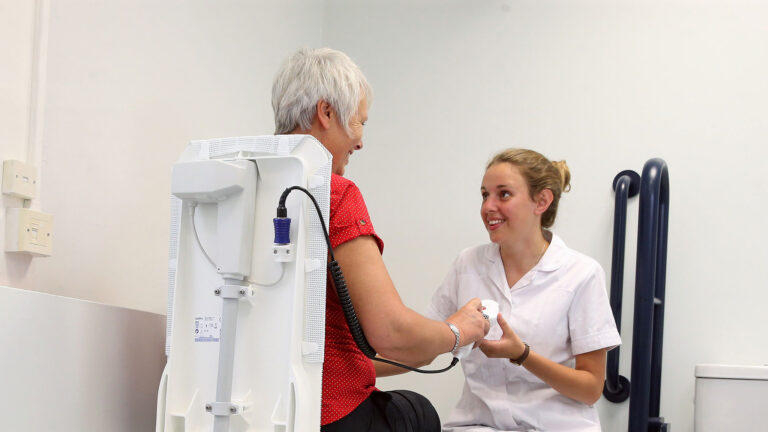
Conducting housing assessments and provide recommendations for suitable and specialist living adaptations or equipment.
Facilitating leisure activities, hobbies, and holiday or travel planning.
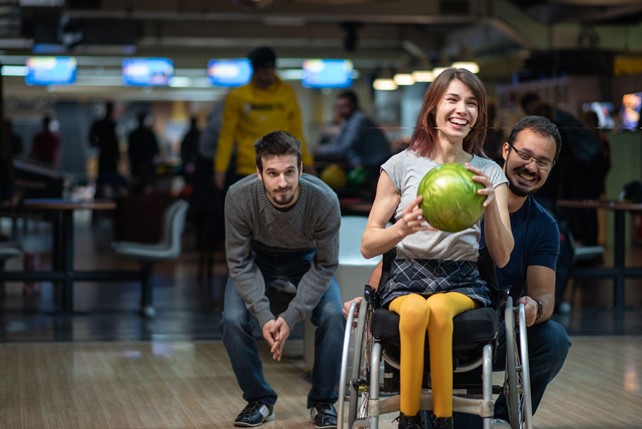
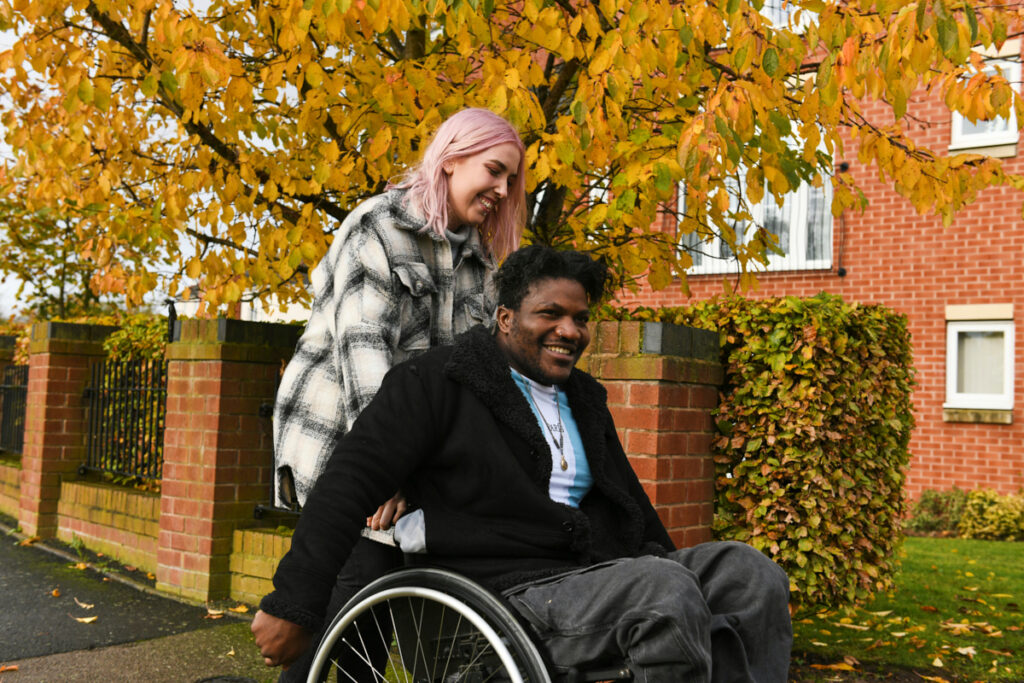
Researching driving options and recommend appropriate vehicles and transport.
Assisting with finance and budget management.

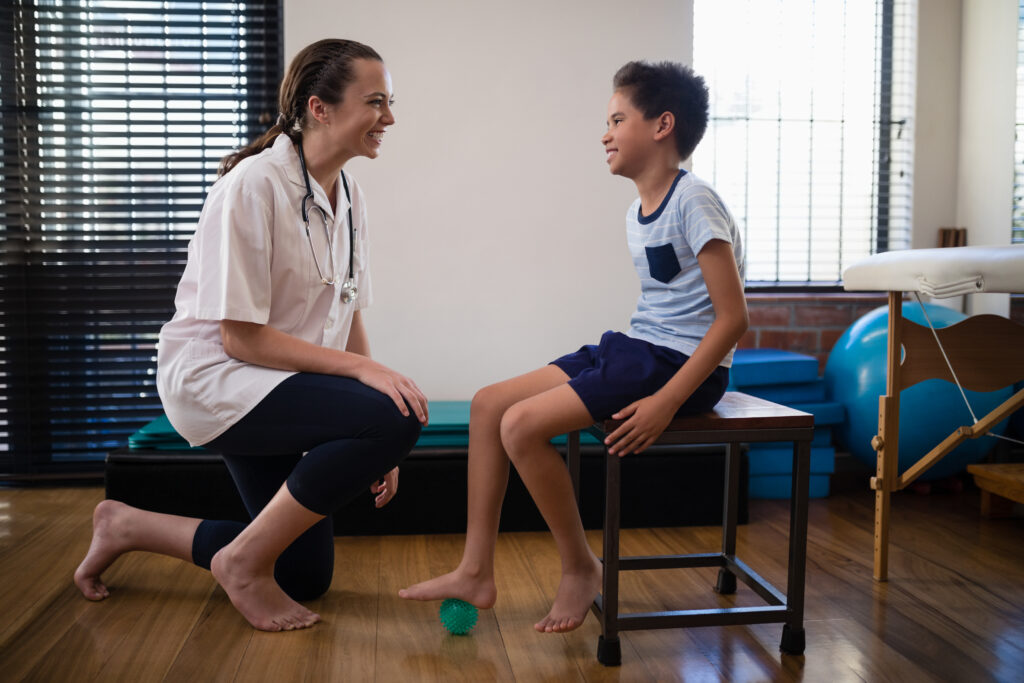
Ongoing development of care plans.
Occupational Therapy helps individuals of all ages develop, recover, or maintain the skills needed for daily living and work. It focuses on improving independence in activities such as self-care, mobility, and cognitive functioning through therapeutic exercises, adaptive techniques, and environmental modifications
People with physical, developmental, or cognitive disabilities, injuries, or chronic conditions. OT supports individuals in regaining independence and improving their quality of life.
OTs provide interventions like rehabilitation exercises, adaptive equipment training, sensory integration therapy, home modifications, and workplace or school adaptations.
